News
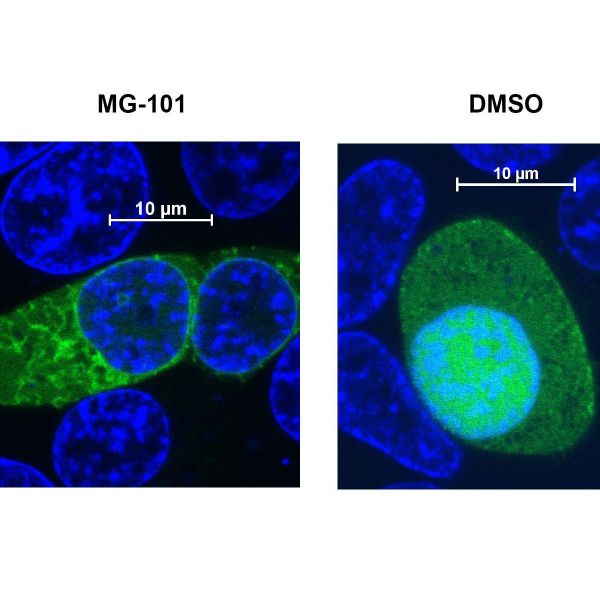
Feb 25, 2022
Repurposing FDA-approved drugs may help combat COVID-19
Several FDA-approved drugs — including for type 2 diabetes, hepatitis C and HIV — significantly reduce the ability of the Delta variant of SARS-CoV-2 to replicate in human cells, according to new research led by scientists at Penn State. Specifically, the team found that these drugs inhibit certain viral enzymes, called proteases, that are essential for SARS-CoV-2 replication in infected human cells.
Full Article

Feb 18, 2022
Penn State biologist Michael Axtell named distinguished professor
Michael Axtell, professor of biology at Penn State, has been selected to receive the title of distinguished professor of biology in recognition of his exceptional record of teaching, research, and service to the University community.
Full Article

Feb 18, 2022
Penn State biochemist Manuel Llinás named distinguished professor
Manuel Llinás, professor of biochemistry and molecular biology and of chemistry at Penn State, has been selected to receive the title of distinguished professor of biochemistry and molecular biology in recognition of his exceptional record of teaching, research, and service to the University community.
Full Article
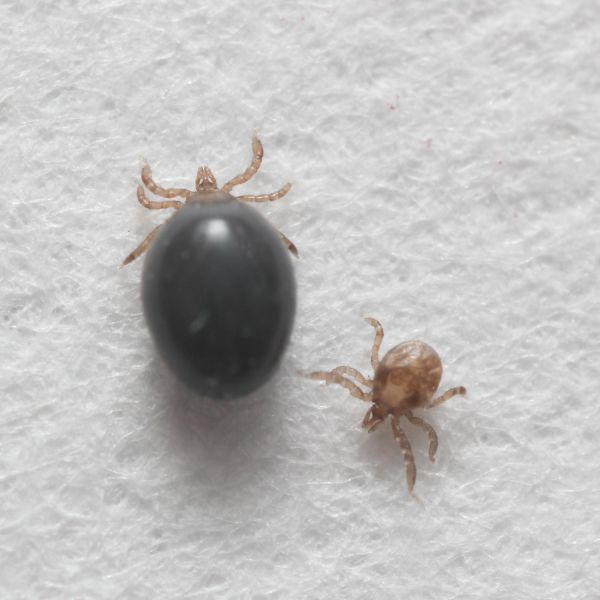
Feb 16, 2022
World’s first gene editing tools for ticks may help decrease tick-borne diseases
Reducing tick-borne diseases, such as Lyme disease, may now be possible thanks to two new gene editing methods developed by researchers at Penn State; the University of Nevada, Reno; and the University of Maryland. The methods could allow scientists to alter parts of the tick genome that are involved in harboring and transmitting pathogens.
Full Article

Jan 26, 2022
Omicron genetics and early transmission patterns are characterized in new study
The Omicron variant of SARS-CoV-2 diverged from previous SARS-CoV-2 variants as a result of adaptive evolution, in which beneficial mutations are passed on to future generations through natural selection, rather than through recombination between previous variants, according to a large international team of researchers. The study, which published recently in Nature, is the first to describe the genomic profile of Omicron and explore the origins of the variant.
Full Article

Jan 04, 2022
Okafor receives 2021 National Science Foundation CAREER Award
C. Denise Okafor, assistant professor of biochemistry and molecular biology, has been honored with a Faculty Early Career Development award from the U.S. National Science Foundation. The award is the NSF’s most prestigious honor in support of early-career faculty members who have the potential to serve as academic role models.
Full Article
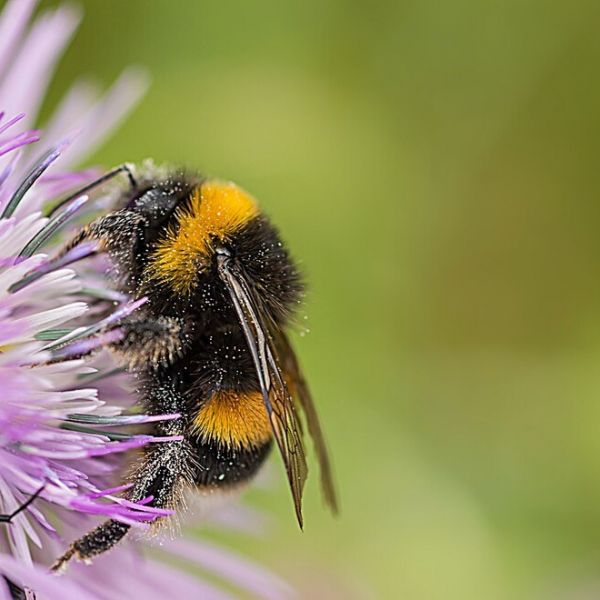
Oct 22, 2021
Scientists uncover the genetic pathway that colors bumble bee stripes
While most people in the U.S. may think of bumble bees as the standard yellow and black variety, there are an estimated 260 bee species that sport about 400 different color patterns. One reason many people associate bumble bees with distinct colors is because evolution can influence multiple bee species to share similar color patterns in specific geographic regions, which scientists call mimicry.
Full Article
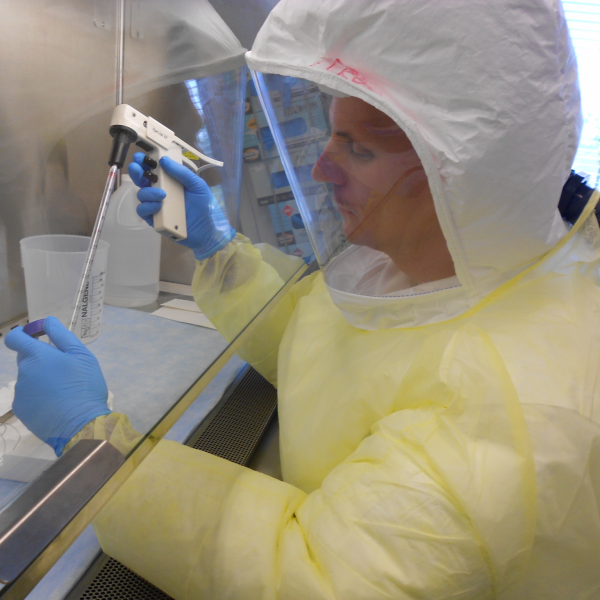
Oct 22, 2021
Preparing for potential pandemics is focus of new federal grant to Penn State
Researchers at Penn State have received a grant from the National Institute of Allergy and Infectious Diseases to study H7N9 with a goal of developing new and fundamental knowledge of virus mutations that could indicate the potential for transmissibility in humans.
Full Article

Oct 14, 2021
Douglas Cavener named Huck Chair in Evolutionary Genetics
Douglas R. Cavener, Penn State professor of biology and former Verne M. Willaman Dean of the Eberly College of Science, has been named Dorothy Foehr Huck and J. Lloyd Huck Distinguished Chair in Evolutionary Genetics by the Huck Institutes of the Life Sciences.
Full Article
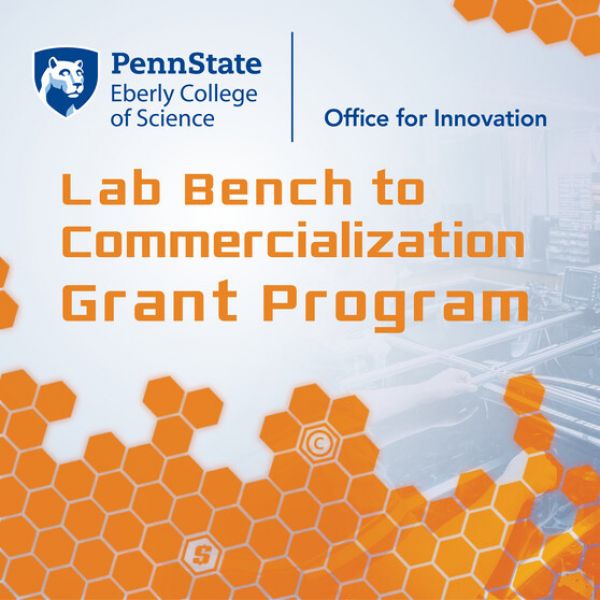
Sep 14, 2021
Eberly’s 2022 Lab Bench to Commercialization grant recipients announced
The Eberly College of Science has chosen faculty members Joyce Jose and Sally Mackenzie to receive its 2022 Lab Bench to Commercialization grants. This competitive program provides funding for researchers in the college, enabling them to enhance the commercial potential of ongoing Penn State research and prepare them to translate their Penn State-owned intellectual property to the marketplace.
Full Article